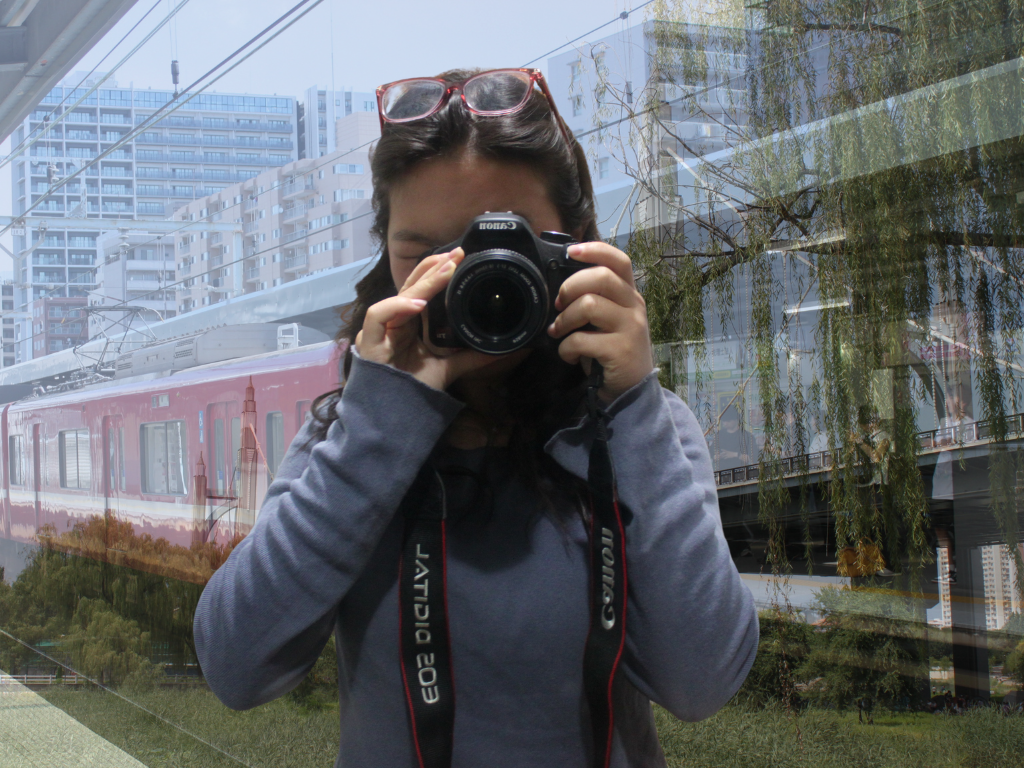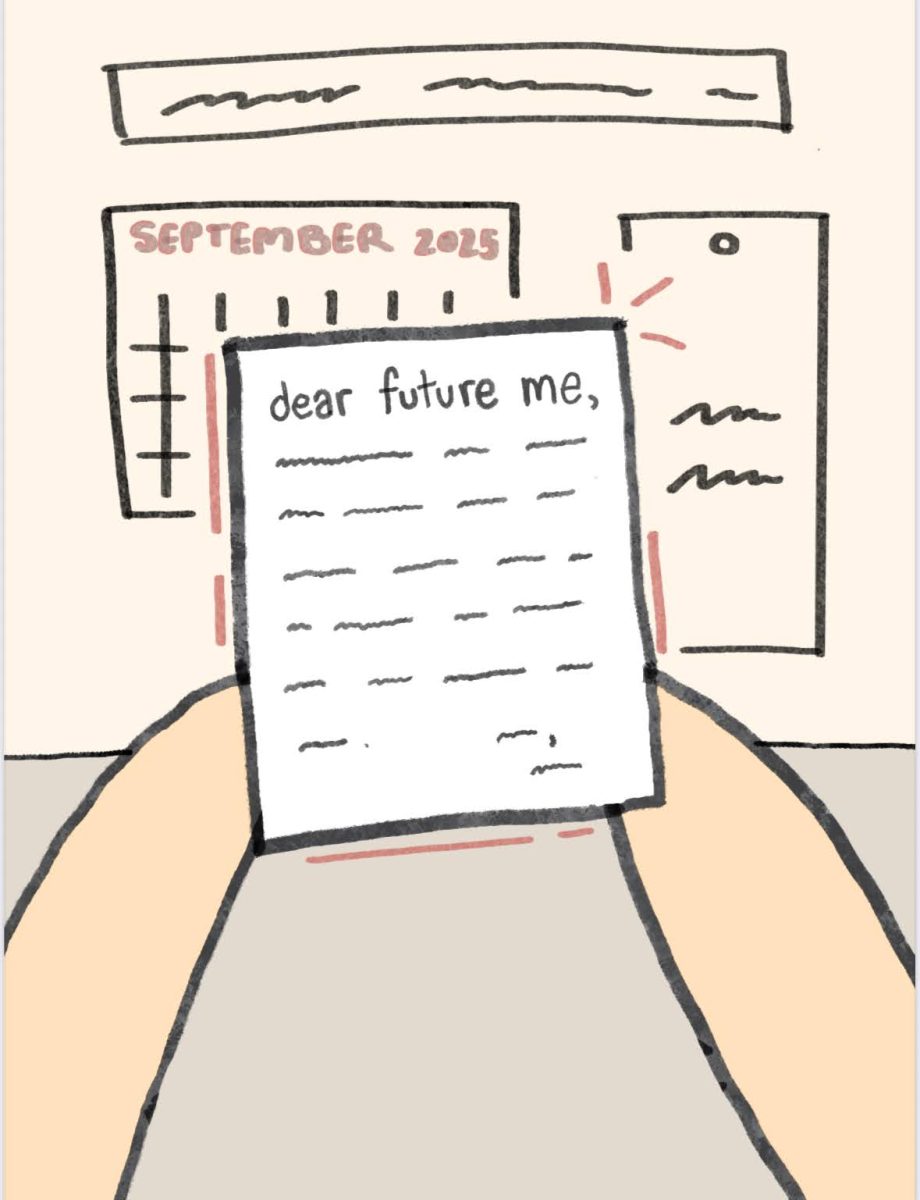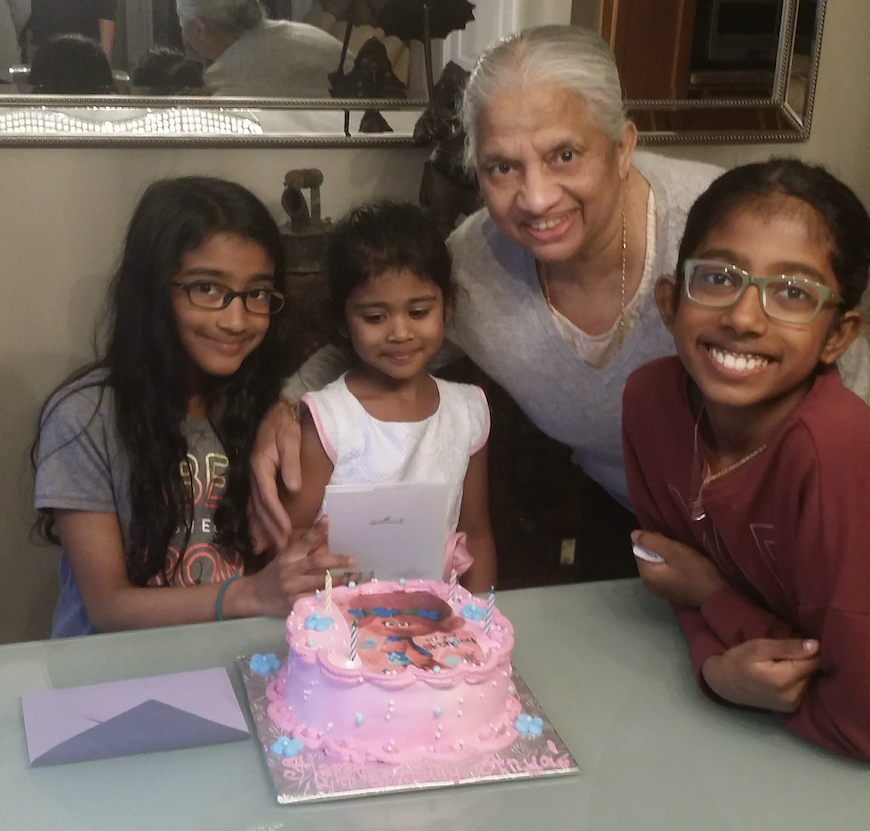It’s been a long day. Heaving a sigh, you settle into bed and open your phone to do a bit of scrolling. What you got was reel after reel promoting the same thing: the art of not caring. From viral memes preaching “too cool to care” to influencers flaunting detached, effortless vibes, social media has made nonchalance a lifestyle — a toxic one.
Defined as the state of “feeling or appearing casually calm and relaxed; not displaying anxiety, interest, or enthusiasm,” nonchalance traces back to before the 13th century. Its Latin root, “calēre”, means “to be warm,” which evolved into the Old French verb nonchaloir, meaning “to disregard” or “to be unconcerned.” In today’s context, it’s understood as someone who appears not to care at all.
So what populations does “nonchalance” affect? Although generalizing isn’t ideal, it’s difficult to ignore the fact that nonchalance is most commonly associated with men. This idea has become ingrained in the common perception of masculinity, suggesting that men typically embody a detached, indifferent attitude.
But frankly, I wouldn’t want a partner who acts like they couldn’t care less. I think many would agree that they want their future partner to show they care—who’s present, engaged, and willing to be vulnerable. That kind of genuine connection is, in my eyes, far more valuable than any aloof “coolness”. Men, or anyone for that matter, shouldn’t be defined by how little they show they care, but by how deeply they do.
Emotional connection is the foundation of meaningful relationships. According to Beach Cities Psychotherapy, as humans, we’re desperate to be seen and understood. This can only happen when we share both our negative and positive feelings. Emotional intimacy gives the sense that our feelings are worthy of being understood and that we are worthy of being seen. Constantly trying to put on an “unbothered” front hinders your ability to develop meaningful relationships.
In fact, suppressing emotions for the sake of appearing indifferent can harm mental health. While adopting a detached persona may protect the ego short-term, it often leads to anxiety, loneliness, and stress over time. According to Mental Health Matters (MHM), our brain processes every experience we have and assigns it an emotional response. This natural process, however, can only support our well-being if we allow ourselves to acknowledge, feel, and express these emotions rather than ignore them. Unexpressed feelings can lead to anxiety, stress, and even physical health problems. So, being “nonchalant” isn’t just a vibe; it has the potential to take a real toll.
It also can’t be ignored that widespread nonchalance threatens societal engagement. The rise of nonchalance has turned apathy into an aesthetic, and, as a result, people disengage from critical social, political, and community issues. Caring is what motivates action, empathy, and progress, and we are an evolving species. With crises like climate change, inequality, and social justice dominating the news, detachment can feel like a shield, but it ultimately weakens collective efforts for change. Activism proves that care drives powerful movements, directly opposing the “too cool to care” attitude promoted online.
This being said, you don’t need to take everything to heart or start reacting to every comment thrown your way. You shouldn’t. People will always have opinions—about how you dress, how you speak, who you are—and caring about all of them is exhausting and impossible. But that’s where the line is: knowing what to let go of without slipping into what they call “nonchalance”. Not every criticism or offhand remark deserves your energy, but that doesn’t mean everything should go ignored. There’s a difference between choosing your battles and pretending you have none.
The rise of nonchalance may have made emotional detachment look attractive, but it’s costing us more than we realize. You don’t have to be detached to be respected, or aloof to be attractive. Especially now, when apathy has become a prevailing aesthetic, the bravest thing we can do is care again.










